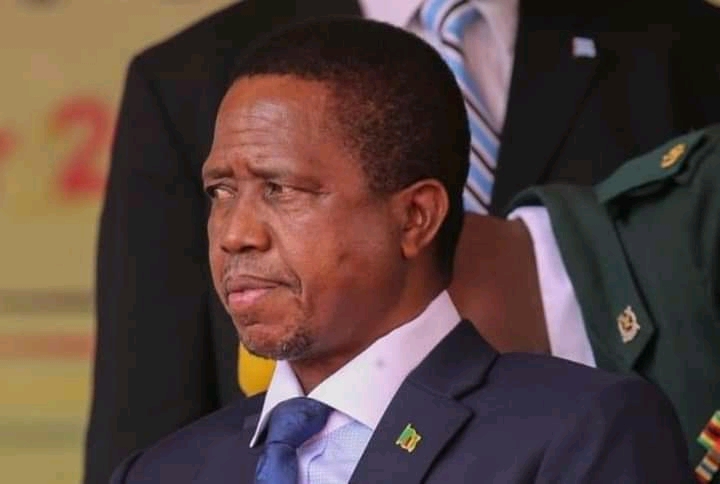A closer look at Lungu’s call for 3 judges not to hear his case
In analyzing former president Edgar Lungu’s call for the recusal of Judges Munalula, Shilimi, and Kawimbe from his eligibility case, it becomes apparent that Lungu is stretching the concept of “conflict of interest” to a questionable extent. The essence of conflict of interest lies in a direct or significant relationship to the parties involved in the case, not in mere associations or historical decisions. President Hichilema is not a party to this case, so invoking his connection to the judges introduces a speculative element rather than a substantive legal argument.
Firstly, Lungu’s assertion regarding Judge Munalula‘s dissenting judgment from 2016 is unconvincing. Dissenting judgments are part of judicial independence, and a judge cannot be presumed biased simply because of a previous legal opinion. Judges are professionals trained to assess each case on its merits, irrespective of past rulings. The claim that a dissenting opinion from years ago compromises her impartiality today undermines the very principle of judicial independence.
Regarding Judge Shilimi, Lungu’s argument about the judge’s professional relationship with President Hichilema borders on triviality. The mere fact that Judge Shilimi once worked in a company where Hichilema had an interest does not in itself constitute a conflict of interest. The legal threshold for conflict requires a clear, present, and direct relationship to the case at hand. If we were to accept Lungu’s reasoning, it would set a dangerous precedent whereby every judge with any past or indirect connection to political figures would be disqualified from presiding over sensitive cases. By this logic, any future judge with even a tenuous link to prominent politicians or public figures would constantly face demands for recusal, paralyzing the judiciary.
The argument about Judge Kawimbe‘s familial connection to Hichilema similarly lacks legal rigor. Family ties or social associations should only be grounds for recusal when they involve parties directly linked to the case, and even then, the connection must be sufficiently substantive. To suggest that a judge should step down because of some indirect familial association with a figure who is not even party to the case is simply untenable. Following Lungu’s reasoning, a judge attending the same church as a potential presidential candidate could be grounds for recusal in this case, which would make the judicial process unworkable.
If Lungu’s reasoning about conflict of interest were applied, one could argue that those judges appointed under PF should not hear cases involving the current administration because they were appointed under the PF government. But this is clearly not how the law views conflicts. Judges are expected to carry out their duties impartially, irrespective of who appointed them or their historical affiliations, unless there is a direct and substantial personal interest in the case.
Lungu’s argument seems more like an attempt to undermine the judicial process than a genuine legal position. His sweeping definition of conflict of interest dilutes its true meaning and potentially opens the door for endless litigation and delays. The judiciary’s integrity rests on its ability to maintain independence from political influence, but this independence works both ways. It cannot be manipulated by litigants to remove judges who might not deliver a favorable ruling.
In conclusion, Mr. Lungu’s motions for recusal not only fail to meet the legal standard for conflict of interest but also seem to constitute an abuse of the court process. His broad interpretation of conflicts risks destabilizing the judiciary by encouraging frivolous applications for recusal based on tenuous connections. This confusion must indeed be stopped to preserve the integrity of the court and allow it to function as a neutral arbiter of justice.
